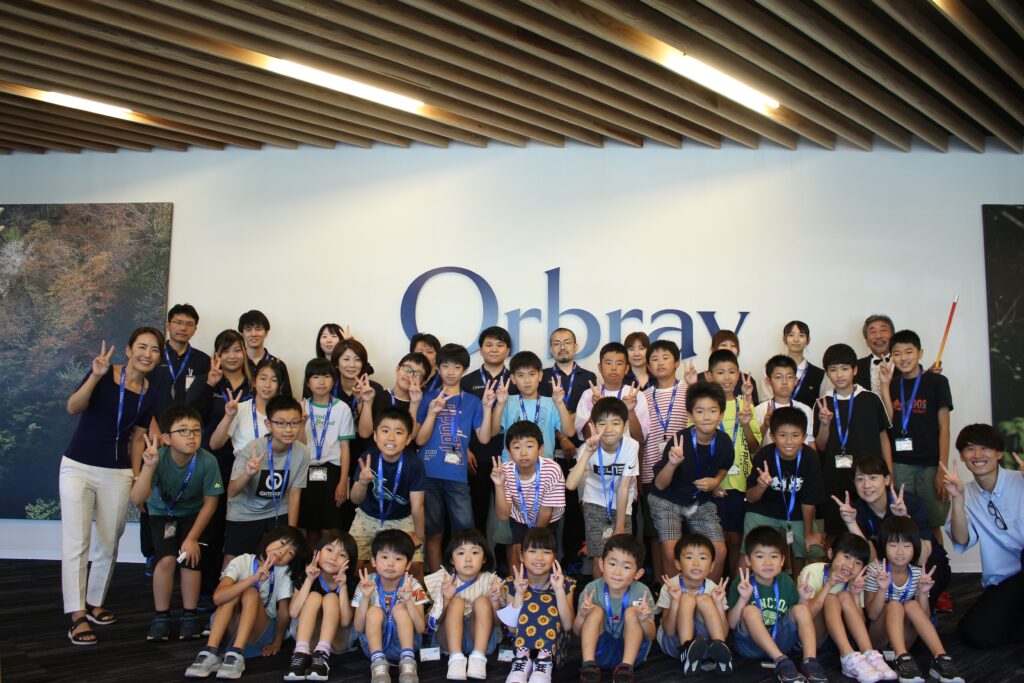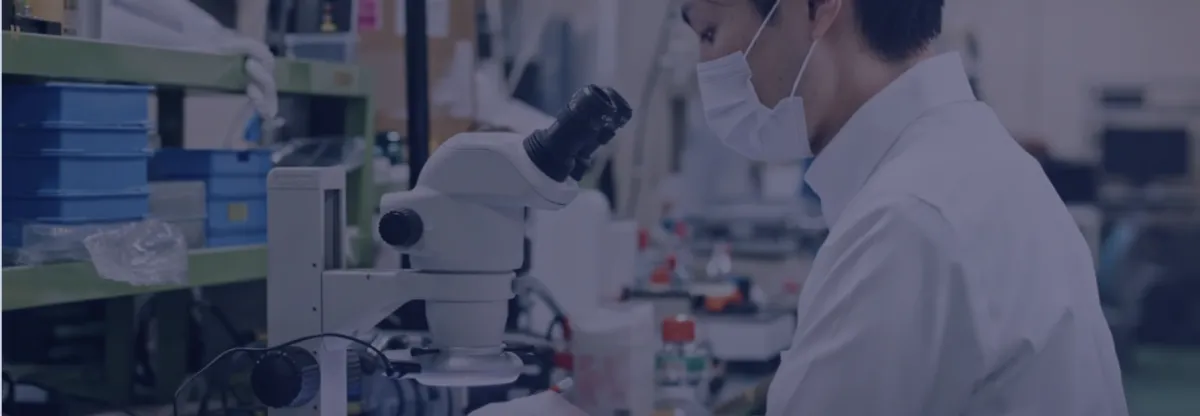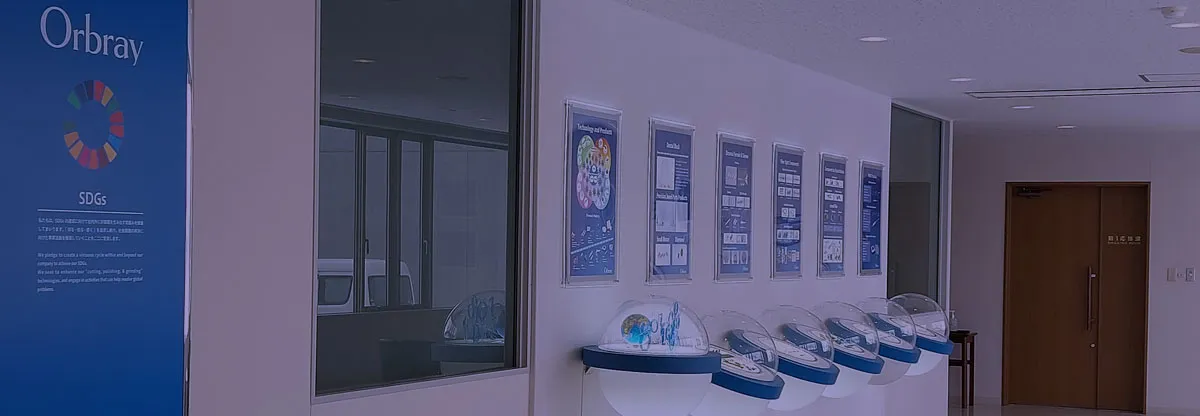Participating in EPIC Adaptive Surfing Event in Chigasaki, Japan
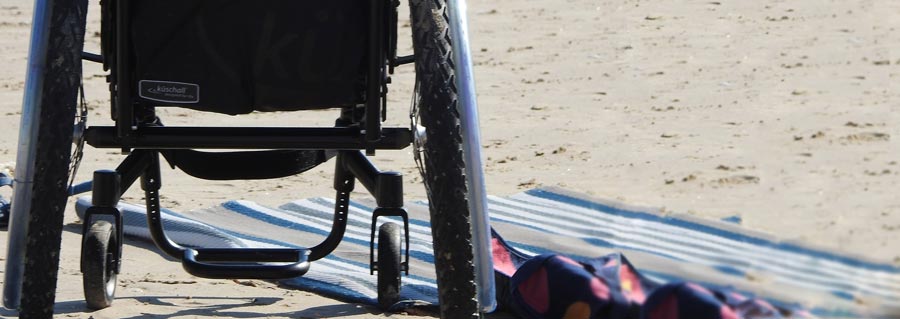
By Riyako Namiki, President and CEO
In the Tokyo Olympic Games this summer, a surfing became a new official event. While watching Japanese athletes’ outstanding performances in the sport, I remembered that I gave some help to an event about two years ago.
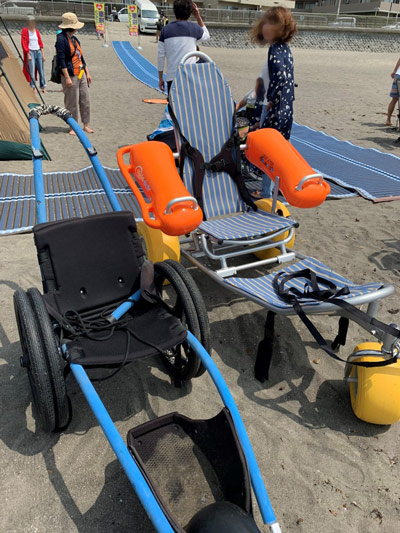
That was an occasion held by EPIC, a surfing school for the disabled. I supported the event at the request of Tomoko Okazaki, a professional wind surfer who’s also famous in the world of snow-boarding.
In the adaptive surfing, or the surfing for disabled people, four assistants are needed if a surfer is a child or an adult woman. Supporting a heavy-weight male surfer requires five assistants. In addition, several more assistants have to stand by on the beach to catch a surfer riding on a wave. Though it depends on the degree of disability, usually in this sport, a total of 10 assistants are needed to help a surfer.
In the Chigasaki event, local surfers and their friends joined as volunteer staff members.
They helped to use amphibious wheelchairs and attach handles to surfboards on the spot to enable participants to enjoy the occasion. I was also very impressed by flexible actions of professional marine-sport athletes, who had predicted surfers’ moves and reacted quickly according to circumstances. It was a wonderful event filled with many smiles and kindness.
I also met nice families of the participants. One family traveled all over Japan to seek for events for their disabled child, such as paragliding, skiing, surfing and mountain-biking. A mother of a child with severe disability came over from Aichi-Prefecture in central Japan as she had a strong belief that her child must be feeling something in the event.
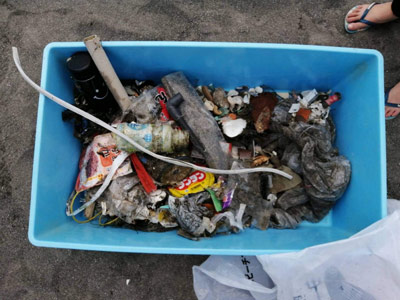
In the event, I was in charge of the project called “Trash2Treasure” which created art works with plastic waste picked in a beach cleanup. We spent half an hour collecting a large amount of garbage on the beach. Then my daughters and I sorted out plastic waste according to their sizes for two hours. After that, along with participating children, we enjoyed decorating cardboards and photo stands with the collected stuff.
We find garbage anywhere in the world. There is no end to garbage-picking. The only solution to this problem is to reduce the amount of what we discard.
We should try to use and cherish what we have as long as possible and recycle garbage. If we can dig into our imagination and convert garbage into something nice, we don’t dump them. With the concept, Ms. Okazaki initiated the “Trash2Treasure” project.
“If you find some nice material out of what you thought to be garbage, you can feel passion in a beach cleanup and have fun,” she said. “Let’s try to transform trash into treasure!”
Barrier-free Mind
Thanks to this event, I made many friends who have disabilities. I always learn many things from them.
For example, I have noticed that wheelchair users hope to be talked to frankly. Now I can feel free to speak to them on streets in case they seem to need someone’s help. Even if they say in response that they don’t need any assistance, I would rather speak to them and feel better than I look away from them and pass by. Anyone can have a barrier-free mind by making a little effort.
“Thanks to you. It’s mutual benefit.” This is the phrase I have got fond of very much recently. I hope that the idea will be passed onto next generations.
Both Ms. Okazaki and I have worked in the wildness, though the field for her activities is the ocean while mine is a mountain. For more than two decades we have shared awareness of environmental problems and acted together. I believe that humans are so small and great nature just lets us play in it. I would like to keep teaching sports and plays in great nature to children and disabled people.
At the end of my essay, I would like to introduce books written by my friends. I sincerely hope that not only adults but also junior and senior high school students will read these books this summer! (Both books are available only in the Japanese version at the moment. )
I Have Been Working on the Railroad
By Chihiro Yamada
A Japanese salary-man lost his two legs and one arm in a railroad accident at the age of 20. When he folded the laundry and broke eggs for the first time, he had to do so with one arm. It was natural to him. “If you wish to see a light in the darkness, just try to count the number of positive things,” he said. “Just do a count of positive things, not negative.” I bet you will be encouraged by him doing his best.
My Round-the-World Trip on Wheelchair; Once I died
By Tatsuya Miyo – a travel writer on wheelchair
The author got a serious injury in a motor bike accident at the age of 18, after dropping out of high school, and has since been in a wheelchair. This is a journal of his round-the-world trip without any caretakers. I’m sure that many readers will be encouraged by the changes of his mind and actions. We can share his view that the best part of a trip is something unexpected. The book is full of laughter, tears and meetings with people.
-
Adamant Namiki’s Initiative for SDGs – Launching ‘’fro-pro’’ Workshop
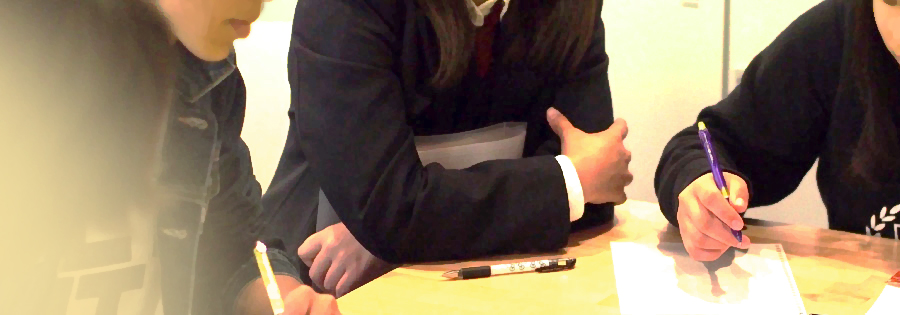
-
Workshop for parents and children to learn how to survive natural disasters
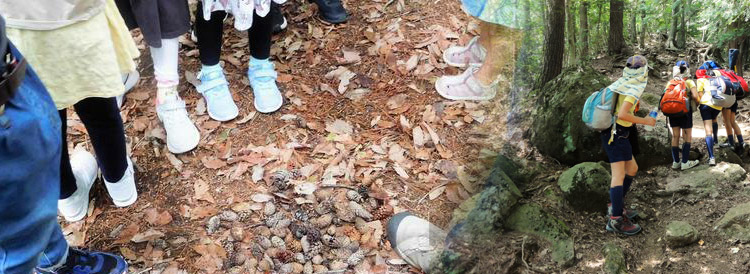
-
Adamant Namiki’s Initiative for SDGs: “Fro-pro Orbray” Online Presentation Meeting By Riyako Namiki
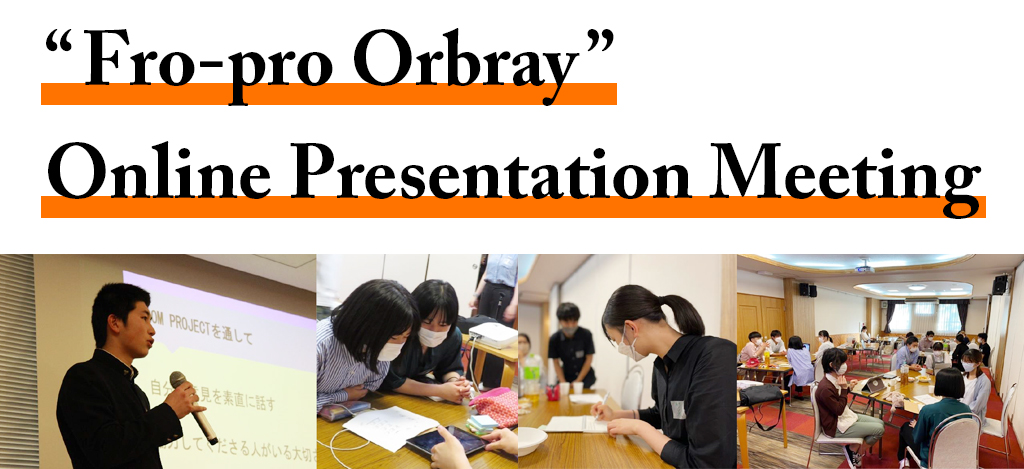
-
Orbray Receives Award for Supporting Local Economy’s Revitalization
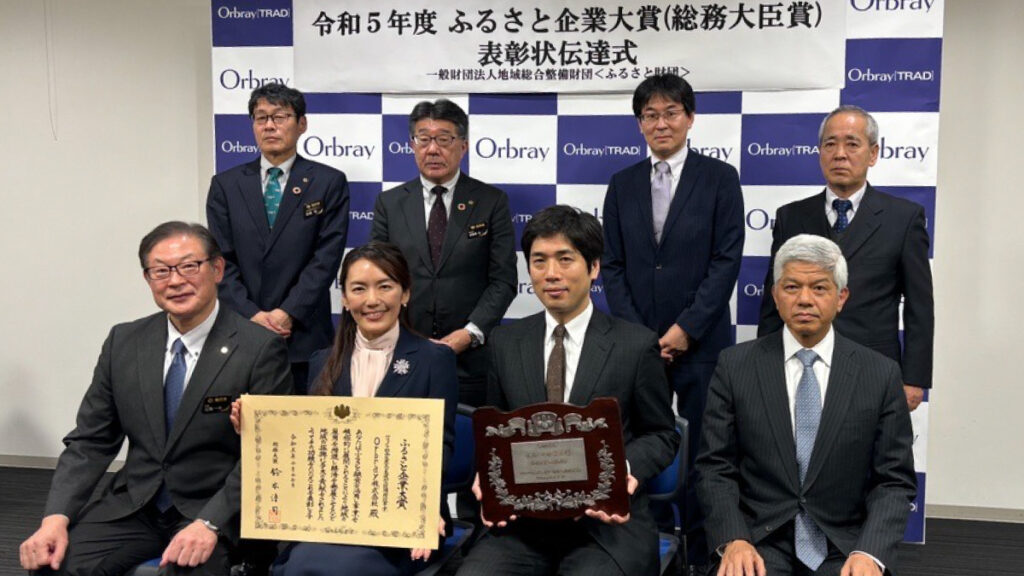
-
Adamant Namiki’s Initiative for SDGs: Enjoy Sports with People with Disabilities

-
Summer Discovery, 2023
